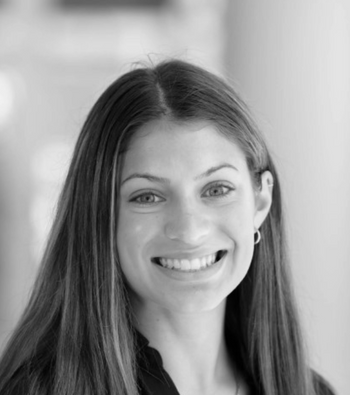UPenn joins other law schools across country teaching activist 'movement lawyering'
UPenn's Carey Law School now runs an Advocacy for Racial and Civil Justice Clinic, teaching students an activist approach to the legal profession called 'movement lawyering.'
According to a 2021 article posted to the American Bar Association's website, movement lawyering entails 'building the power of the people, not the power of the law.'
The University of Pennsylvania’s Carey Law School now runs an Advocacy for Racial and Civil Justice (ARC) Clinic, teaching students to “reflect on historical and contemporary strategies for achieving racial justice.” The Clinic also involves the “theory of movement lawyering,” an activist-oriented approach to the legal profession that has increased its influence in American law schools.
According to a 2021 article posted to the American Bar Association’s website, movement lawyering entails “building the power of the people, not the power of the law.”
The article also suggests that “support is needed as people take to the streets and hold spaces to collectively heal and as we work over the long haul to dismantle systems of oppression, including white supremacy, cis-heteropatriarchy, and capitalism in our country.”
[RELATED: Law school course praised for studying ‘Historical Origins of White Supremacy’]
A “Movement Lawyering Reading Guide” released by Harvard in 2013 explains that the approach has also been referred to as “revolutionary lawyering” and “social justice lawyering.”
The movement even has an international presence, with the Australian organization Reb Law explaining that “movement lawyers have supported transformative campaigns and movements such as the Movement for Black Lives’ campaign to defund police ... and the same sex marriage campaign in the United States.”
Carey Law School is not the only law school in the United States to teach movement lawyering to its students.
Cornell Law School has a “Movement Lawyering Clinic” that teaches students to “provide legal support for social justice groups including women’s liberation, Black liberation, immigrants’ and LGBTQ rights, and more.”
Columbia Law School offered a “Reading Group in Movement Lawyering” in 2020. The purpose of the group was to “introduce students to the different avenues and theories public interest lawyers can utilize to conceptualize and achieve social change.”
[RELATED: Students want to remove Clarence Thomas from law school teaching position]
Like the 2021 ABA article, Columbia’s reading group challenged the notion that lawyers should have a narrow focus on the law, with the description reading, “We will discuss that although the law can serve as an effective tool for change, it has its limitations. This course will help us recognize the need for movement lawyers to work in partnership with communities, organizers, and policymakers to achieve justice.”
Duke Law, Howard University School of Law, University of Florida Law, Columbia Law School, and other universities around the country are currently offering courses or clinics in movement, or “social justice,” lawyering.
All relevant parties have been contacted for comment by Campus Reform. This article will be updated accordingly.

